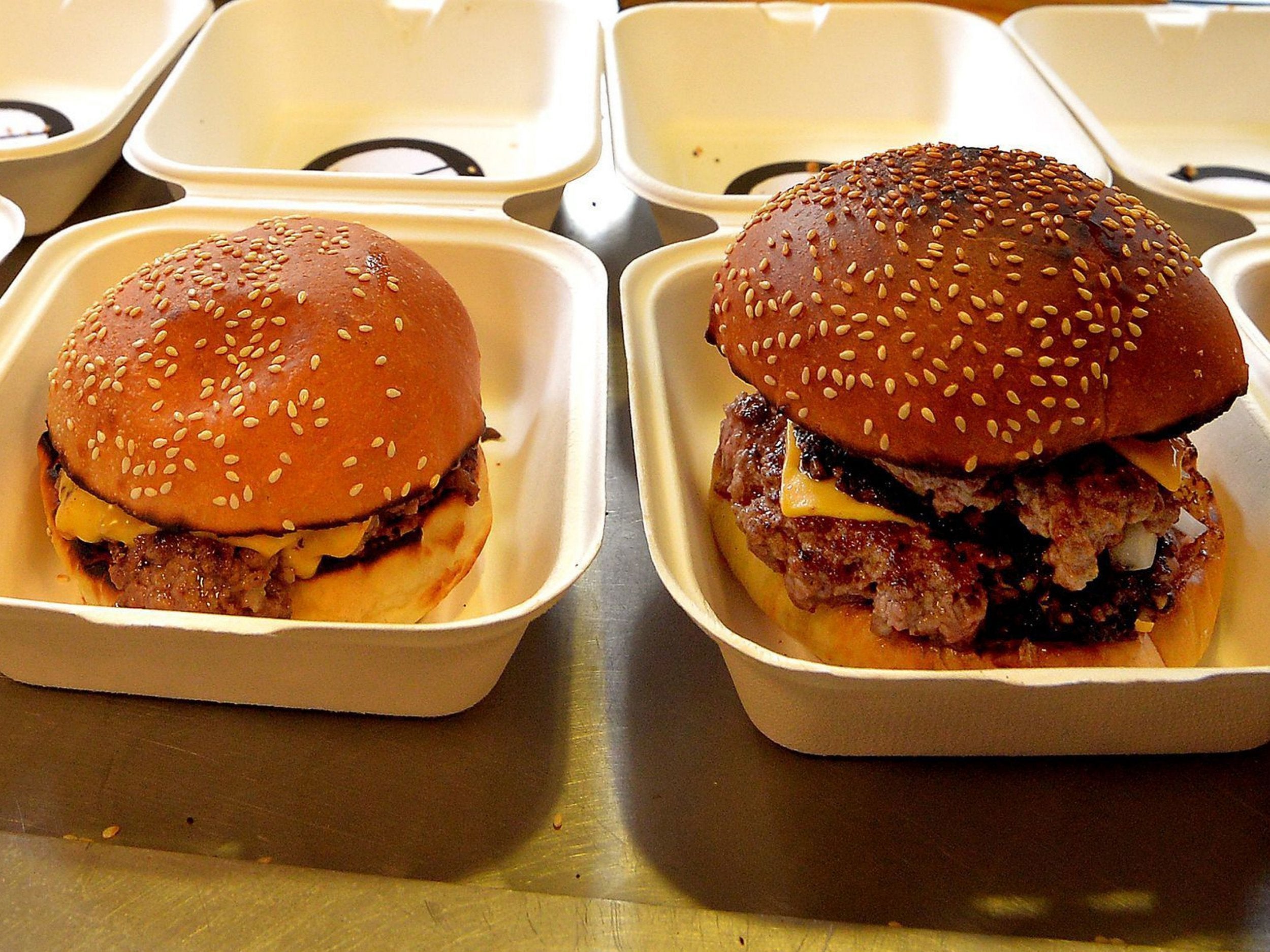Britons’ fifty most annoying habits
The average adult will attempt to stop their bad habit twice a year, with six in 10 admitting they have never been able to quit

Your support helps us to tell the story
From reproductive rights to climate change to Big Tech, The Independent is on the ground when the story is developing. Whether it's investigating the financials of Elon Musk's pro-Trump PAC or producing our latest documentary, 'The A Word', which shines a light on the American women fighting for reproductive rights, we know how important it is to parse out the facts from the messaging.
At such a critical moment in US history, we need reporters on the ground. Your donation allows us to keep sending journalists to speak to both sides of the story.
The Independent is trusted by Americans across the entire political spectrum. And unlike many other quality news outlets, we choose not to lock Americans out of our reporting and analysis with paywalls. We believe quality journalism should be available to everyone, paid for by those who can afford it.
Your support makes all the difference.Comfort eating, swearing, stressing – and spending too much time on social media are among the nation’s worst bad habits, a study has found.
A poll of 2,000 Brits revealed the average adult has three irritating behaviours, with tucking into treats and food when they are feeling stressed or tired the most common.
Nail biting, not doing any exercise and eating fast food also feature in the top 10.
But it emerged the average adult will attempt to stop their bad habit twice a year, with six in 10 admitting they have never been able to quit.
And even those who do manage to give up say it took them almost five weeks of will power and perseverance to put it behind them.
Dr Meg Arroll, a psychologist on behalf of wellness brand Healthspan, which commissioned the research, said: “Changing existing habits, particularly eating habits, is complex as we develop these behaviours over a lifetime.
“Food can easily be associated with comfort as high fat and sugar treats trigger our brain’s reward centre and comfort foods such as chocolate boost feel-good neurotransmitters, offering an antidepressant effect.”
The study found comfort eating is the most common bad habit, followed by swearing too much, nail-biting, a lack of exercise and procrastinating.
Stressing about everything and eating fast food are also in the top 10, as well as always hitting snooze on the alarm clock and spending too long scrolling through social media.
Eating too much chocolate, tucking into crisps and watching too much TV are also common bad habits along with bingeing on box sets and browsing smart phones while lying in bed.
Hoarding items you don’t really need, twiddling your hair and cracking knuckles also feature in the top 50.

But while four in 10 have successfully given up a bad habit, 44 per cent of those admit they have usually ended up going back to the old behaviour before too long.
Around one in four name stress as the biggest barrier to giving up a vice, while one in five say temptation simply gets the better of them and they can’t stop.
But it’s no surprise comfort eating was found to be the nation’s most common bad habit, with 27 per cent admitting food soothes them when they are feeling anxious or unhappy.
More than a third say they find themselves over eating when they are feeling bored, with another 29 per cent turning to food during stressful times.
In fact, less than one in five reckon they can resist food when it is placed in front of them.
The nation’s love of food leads to the average adult trying to lose weight four times a year following their comfort eating periods.
The research, carried out via OnePoll.com also revealed that if Brits could make one single lifestyle choice, one in five would choose to exercise more while one in 10 would opt for healthier food.
Dr Arroll, who is also author of a new book called “The Shrinkology Solution”, added: “People who want to lose weight go on highly restrictive diets which offer a quick fix of initial weight loss but do not address the underlying reasons why people turn to food as comfort.
“Only by increasing awareness of why, not just what, we eat, can we then start to make the small changes needed to develop new, healthier eating habits.
“The ultimate goal is to convert small changes into lasting habits.
“The key here really is to use the small changes in daily life that suit you and your life.
"This will make the new behaviours stick for good as we can all manage a slight tweak to our patterns and habits – it’s only when we try to punish ourselves with massive, insurmountable changes that we struggle to keep going.
“It may seem too easy as many of us have a ‘no pain, no gain’ view of health and fitness – but research shows that it’s the little things that really make a difference long-term.”
Rob Hobson, registered Healthspan nutritionist said: “We are a nation of snackers and grazers but the variety of food now has grown vastly and comfort eating can be healthier.”
Top 50 bad habits
- Comfort eating
- Swearing
- Biting nails
- Not doing exercise
- Procrastinating
- Stressing about things
- Nose picking
- Eating fast food
- Snoozing alarm
- Spending too long scrolling through social media
- Eating too much chocolate
- Smoking
- Forgetting people's names
- Drinking too much coffee or tea
- Interrupting people
- Eating too many crisps
- Being untidy
- Watching too much TV
- Being forgetful
- Squeezing spots
- Looking at your phone too much
- Slouching/not walking upright
- Being a hoarder
- Eating too quickly
- Binging on box sets
- Using your phone in bed
- Leaving dishes that need washing in the sink
- Not flossing
- Picking scabs
- Fidgeting with fingers
- Being argumentative
- Drinking too much fizzy drink
- Watching reality TV
- Jiggling leg when sitting down
- Twiddling hair
- Drinking milk or juice directly from the carton
- Buying things on credit cards
- Picking teeth
- Being bad with money
- Chewing on pens
- Cracking your knuckles
- Chewing gum
- Eating too much meat
- Being cheap
- Checking work emails out-of-hours
- Drumming fingers
- Playing too many video games
- Being a gossip
- Fibbing
- Vaping
SWNS
Join our commenting forum
Join thought-provoking conversations, follow other Independent readers and see their replies
Comments